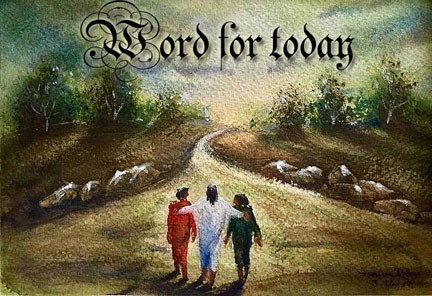Watch
Events
Articles
Market
More
It’s with great sadness that I need to share some difficult news. Due to diminishing funding and a steadily declining number of active members, we’ve reached a point where it’s no longer possible to keep the TTN platforms running.
Another challenge has been TTN’s open-platform nature. Because all subjects are allowed—such as polygamy and other sensitive topics—some people prefer not to be associated with the site. The only way to overcome this would be to rewrite the T&Cs and restrict who can join or what can be discussed… but doing so goes completely against the original vision of TTN as an open, community-led space.
In other words, I’m damned if I do, and damned if I don’t.
The only real way forward would be to re-focus and rebuild the platform, but that requires time, energy, and funding that I no longer have. So unless someone steps forward to take over TTN, the site will unfortunately be shut down. It’s a real shame, but I’m personally out of steam and simply cannot carry it on alone.
TTN will close on Friday, 13 December 2025 at 12:00pm BST (7:00am EST on 12 December 2025) if no takeover occurs.
I want to express my heartfelt gratitude to everyone who has supported TTN over the past 4.5 years. People like Nick have published a post every day since he first joined in 2021 except when he was taken up in the hospital. Thanks Nick Liebenberg I really appreciate your posts and financial support to date.❤️
Please take time over the coming weeks to connect with those you've met here and arrange alternative ways to stay in touch.
If anything changes or someone steps forward, I will update everyone immediately.



If you have found honey, eat only enough for you, lest you have your fill of it and vomit it.
Proverbs 25:16 ESV
Although literally true, this Proverb isn't about honey. It's about company and speech and there are two sides. First, if you have a friend that you really like, don't spend all your time with that one person. Nobody is perfect, and everybody sours with enough knowledge and attention. Second, don't make yourself a nuisance. No matter how charming you are, eventually people will get tired of you.



112625 / 4th day of the 9th month 5786
WORD FOR TODAY “are you consecrated”: Jos 3:5 Then Joshua said to the people, "Consecrate yourselves, for tomorrow the LORD will do wonders among you."
WISDOM FOR TODAY: Pro 19:22 What is desirable in a man is his kindness, And it is better to be a poor man than a liar.
Ask the LORD is HE going to allow you to live in HIS house in heaven
www.BGMCTV.org




1 Samuel 7:5 — 6, “Then Samuel said, “Gather all Israel to Mizpah, and I will pray to the LORD on your behalf.” When they had gathered at Mizpah, they drew water and poured it out before the LORD. On that day they fasted, and there they confessed, “We have sinned against the LORD.” And Samuel judged the Israelites at Mizpah.” Pouring water on the ground is an act of repentance, with Samuel’s prayer and judgement this event becomes an act of worship as well.



M S
Delete Comment
Are you sure that you want to delete this comment ?
raphaelmalachi
I hope you can find some other solution before the deadline, but if not, you built a neat place that was an option for people who are believers. Not getting support in that is, unfortunately, common.
Delete Comment
Are you sure that you want to delete this comment ?
Mark Price
If anyone wants to connect with me there, here is my X/Twitter address:
https://x.com/PriceMark
Delete Comment
Are you sure that you want to delete this comment ?